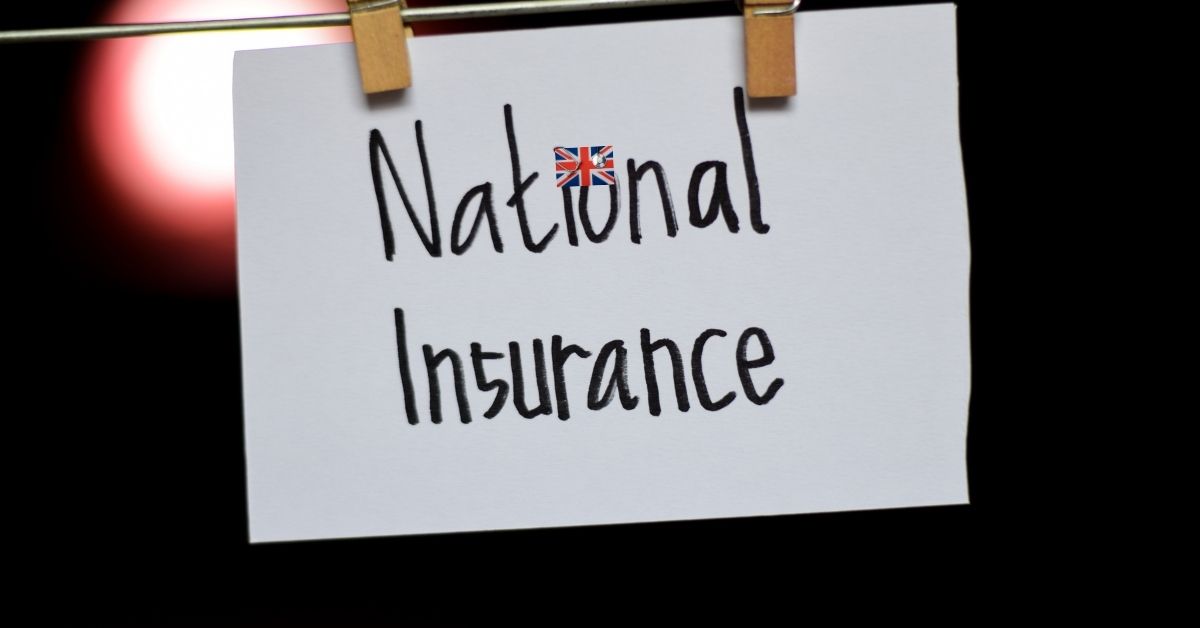(Because it’s not just another deduction — it’s your future safety net)
If you’ve recently started working in the UK, you’ve probably noticed “National Insurance” (NI) being deducted from your payslip. And if you’re anything like most first-time earners, your first reaction was: Wait — what even is that?!
No worries. Here’s your no-fluff, friendly guide to National Insurance: what it is, why you pay it, and how it actually benefits you.
💡 What Is National Insurance?
National Insurance (NI) is a type of mandatory contribution paid by employees, employers, and self-employed people in the UK. It helps fund important public benefits like:
- The NHS (National Health Service)
- Your State Pension
- Maternity allowance
- Unemployment support
- And even bereavement benefits
Think of it as your ticket into the UK’s social safety net — kind of like an insurance policy for life’s “what ifs.”
👀 Who Needs to Pay?
You’ll start paying National Insurance if:
- You’re 16 or older, and
- You earn more than £1,048/month (£12,570/year)
✅ It applies to both UK citizens and international students or migrants working part-time or full-time jobs.
💡 Heads up: You’ll need a National Insurance(NI) Number to start working legally. You can apply for one online via gov.uk.
📊 How Much Do You Pay?
For employees, National Insurance is calculated based on your earnings.
| Weekly Earnings | NI Rate |
|---|---|
| Below £242 | 0% |
| £242 – £967 | 10% |
| Over £967 | 2% |
Example:
If you earn £2,000 a month, your NI contribution is around £90–£120/month depending on how much falls into each band.
If you’re self-employed, you’ll pay different classes (Class 2 & Class 4), usually through Self Assessment.
🧾 Where Does It Show Up?
NI gets automatically deducted from your payslip, just like income tax. You’ll usually see it listed as “NI” or “National Insurance Contribution.”
If you don’t see it and you’re earning over the threshold — ask your employer or check if your NI number is registered correctly.
🎁 What Do You Get in Return?
You’re not just throwing money into the void — you’re building your entitlement to:
- Free NHS care (including doctor visits, surgeries, A&E)
- State Pension when you retire (you usually need 10+ years of NI payments)
- Maternity/paternity benefits
- Jobseeker’s Allowance if you lose your job
- Employment and Support Allowance for long-term health conditions
The more qualifying years you have, the more benefits you can access later on.
🧠 Too Long;Read This:
- National Insurance = your contribution to public services and your future
- You pay it if you earn over £1,048/month
- It’s not the same as income tax
- It helps fund NHS, pensions, and safety-net benefits
- It shows up on your payslip automatically
Still unsure about your NI status or benefits? Check your contributions, qualifying years, and more at gov.uk/national-insurance.






